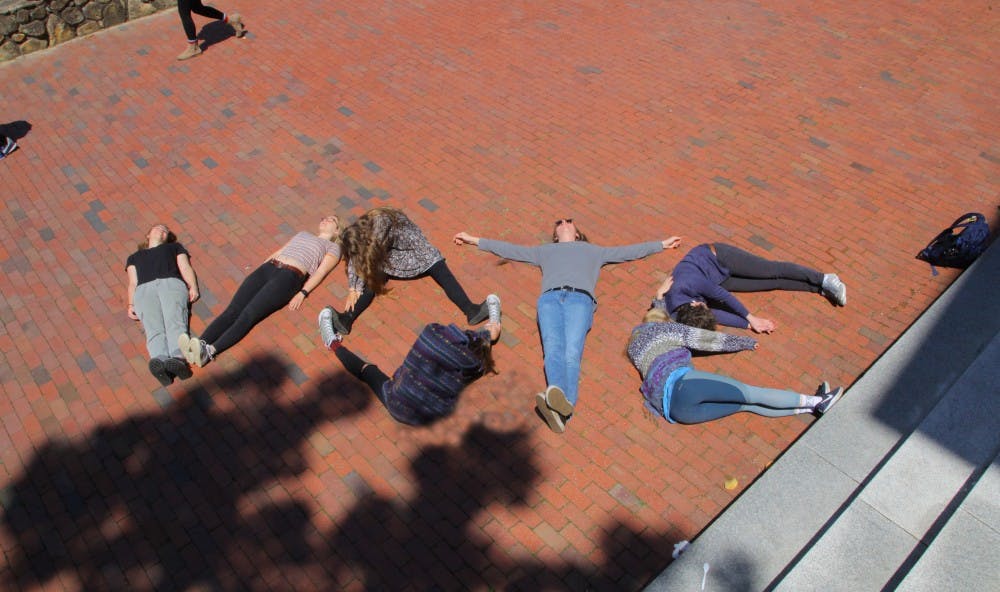While there is no presidential or gubernatorial election for North Carolina in 2018, voters are gearing up for several key races around the state on November 6.
All 120 state House and 50 state Senate seats are up for re-election this year. Currently, Republicans have a supermajority in the North Carolina General Assembly that has enabled them to override the vetoes of Gov. Roy Cooper. If Democrats gain four House or six Senate seats in 2018, they will break the Republican supermajority.
“I think there’s a very real possibility that Democrats are in a position for the first time in eight years to take back the House of Reps, and we’re close to breaking the supermajority in the Senate,” said Matt Hughes, the second vice chairperson for the North Carolina Democratic Party.
Hughes said candidates are focusing on education, particularly teacher pay and school funding.
“I think people really just want to see North Carolina get back to where it was with pragmatic leadership, with leadership that’s going to govern for everybody,” he said. “There are people motivated to do what we can to break the majority.”
This year will also mark the first partisan state Supreme Court election since 1996. North Carolina previously used a nonpartisan election to choose judges, but a vote in March 2017 restored partisan superior court elections in the state.
Two Republicans, Barbara Jackson and Chris Anglin, and one Democrat, Anita Earls, are running for one seat on the court.
Maggie Horzempa, chairperson of the UNC College Republicans, said in an email she views the state Supreme Court, state legislative and congressional elections as key races that have the potential to influence voters in the 2020 election, as well.
"Support for the strong economy and tax cuts are some of the issues driving this election," Horzempa said. "It is important that we continue to push for more jobs for American citizens, while also allowing workers to keep more of their paychecks via tax cuts."




